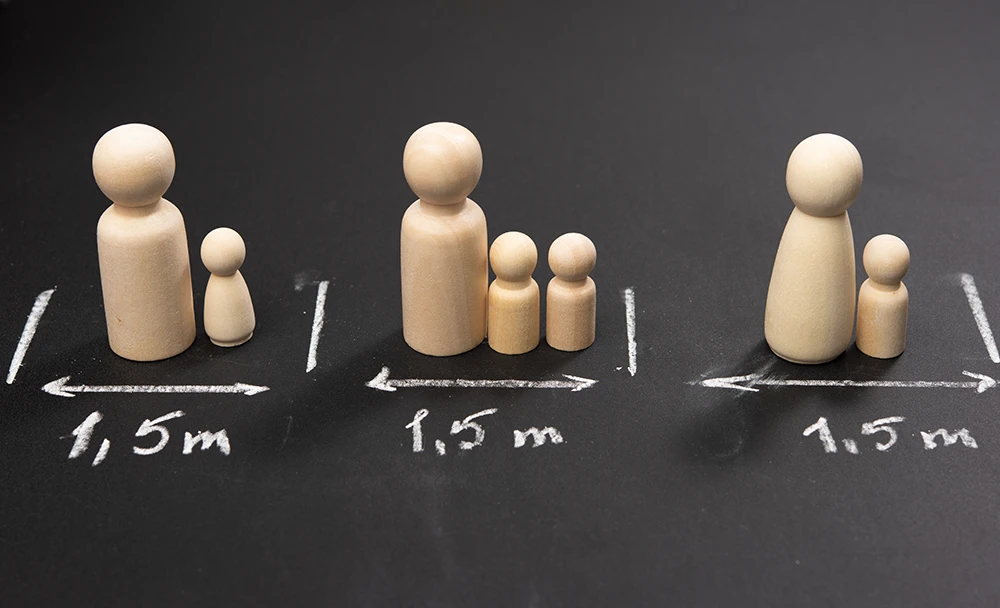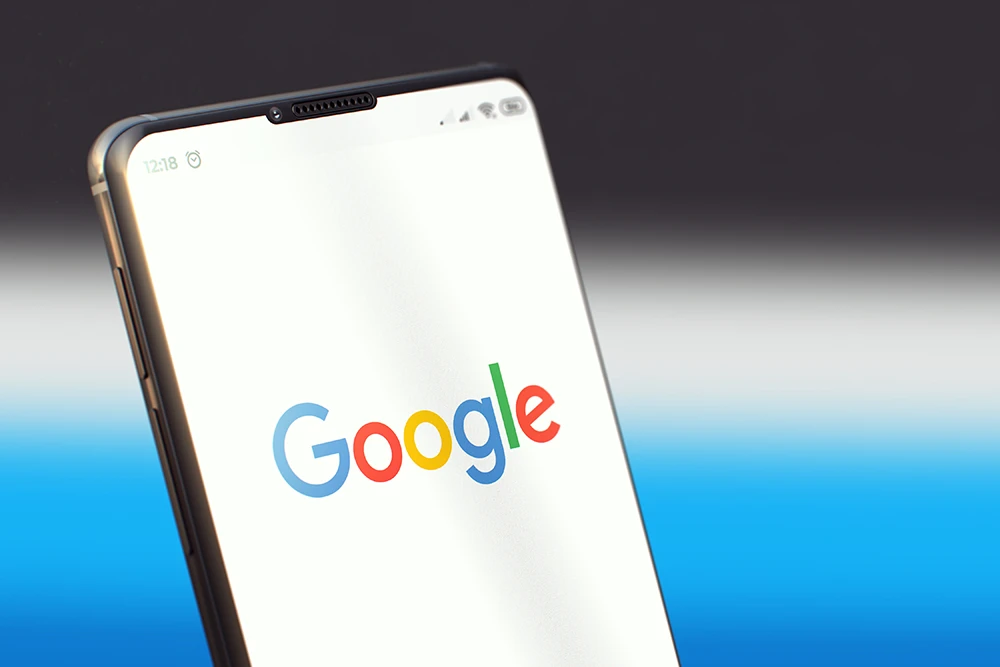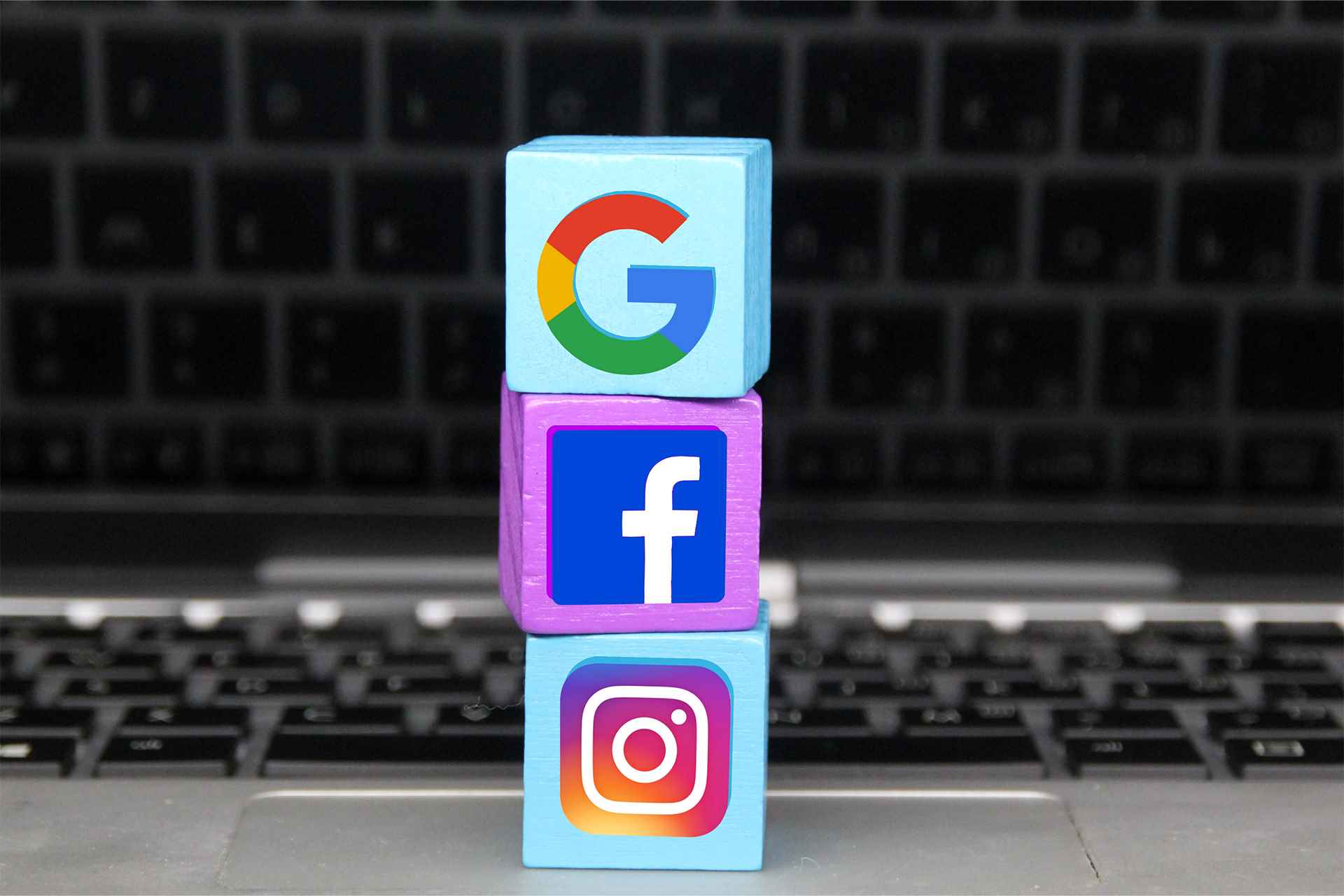So, you’re here wondering which one is better: Facebook ads vs Google ads. It’s a big question, and it’s okay if you’re not sure. A lot of business owners and marketers are in the same spot. Let’s break it down together so you don’t have to keep searching.
Which is Better, Facebook Ads vs Google Ads?
Facebook ads vs Google ads work in totally different ways. Both are powerful but for very different reasons. Join our Phoenix digital marketing agency, and let’s go step-by-step.
Platform Structure and Mechanism
Google Ads runs on keywords. You choose what people might type into Google, like “plumber near me,” and your ad shows up right there on the search results. If someone’s looking, you can be the answer.
Facebook Ads work on who people are. You don’t choose keywords; you choose people. Like, maybe a 35-year-old mom who loves online shopping and lives in Phoenix. Your ad shows up in her Facebook or Instagram feed when she’s scrolling.
Where They Show Up On
Google Ads can appear in many places, including:
- Google Search results
- YouTube videos and homepage
- Google Display Network (millions of partner websites)
- Google Maps listings
- Mobile apps through Google AdMob
- Google Performance Max campaigns (automated placements across all channels)
Facebook Ads show up across Meta’s platforms, including:
- Facebook Feed
- Instagram Feed
- Facebook Marketplace
- Facebook Video Feeds
- Facebook Right Column (desktop)
- Audience Network (partner apps and websites)
- Facebook Messenger
Audience Size
Google processes over 22 billion searches every day. That means people are constantly using it to find products, answers, services, and more. It’s a platform built on intent; when people go to Google, they’re usually looking for something specific.
Facebook reaches around 3.065 billion daily active users. In 2023 alone, businesses spent $135 billion on Facebook ads. That’s up from $116 billion in 2022. It shows how much trust advertisers place in the platform’s ability to reach people where they are.
However, audience size shouldn’t be the only thing you look at when deciding between Facebook ads vs Google ads. You have to think about your product and your customer. Are people already searching for what you sell? If so, Google might be your best bet. But if your product is new, unusual, or something people don’t even know exists yet, Facebook can help get it in front of them.

Cost
Let’s see the Facebook ads vs Google ads, especially when you look across different industries. Google clicks tend to cost more because they target people who are ready to buy. Facebook clicks are cheaper, but those users are usually just browsing.
Platform / Industry | Average Cost Per Click (CPC) |
Google Ads (Overall) | $1.50 – $5+ |
Facebook Ads (Overall) | Around $0.29 |
Legal Services (Google) | $4.00 – $7.00+ |
Roofing (Google) | $6.00 – $8.00+ |
HVAC & Plumbing (Google) | $3.50 – $5.50 |
Finance & Insurance (Google) | $4.00 – $6.00 |
Health & Fitness (Google) | $1.50 – $2.00 |
Beauty & Personal Care (Google) | $1.00 – $1.50 |
Food & Beverage (Google) | $0.60 – $0.80 |
Fashion & Apparel (Google) | $0.50 – $0.70 |
Travel (Google) | $0.60 – $0.90 |
Google Display Network | $0.50 – $1.00 |
Facebook Ads (Retail/Ecom) | $0.25 – $0.40 |
Facebook Ads (Local Services) | $0.35 – $0.50 |
Facebook Ads (Health & Wellness) | $0.20 – $0.45 |
So, while Google can get you buyers quickly, Facebook helps you get seen by more people for less money. The best choice depends on your goals and your industry.
ROI
The Facebook ads vs Google ads conversion rates differ, too. Google ads tend to deliver quicker returns. A person types in a search sees your ad, clicks it, and often makes a purchase right away. It’s a direct and fast funnel.
Facebook ads, on the other hand, take more time. Someone might come across your ad today, think about it, visit your site later, and buy weeks afterward. It’s slower, but it builds trust and familiarity over time.
In the comparison of Facebook ads vs Google ads, Google is ideal for fast conversions. Facebook wins at building relationships and laying the groundwork for future sales and loyalty.
Buyer Intent
This is where the difference between Facebook ads vs Google ads really shows. Google Ads wins almost every time when it comes to buyer intent. That’s because people go to Google when they’re ready to do something. If someone’s AC breaks in the middle of summer, they’re not scrolling through social media; they’re Googling “HVAC repair near me” and calling the first business that looks reliable.
Facebook, on the other hand, isn’t built for high-intent moments. People go there to relax, catch up with friends, or kill time. So, if they see an ad for your business, they might like it, maybe even click, but they probably won’t buy right away. And if they saw your ad three months ago? They probably don’t remember.
But that doesn’t mean Facebook ads aren’t valuable. They’re great for getting your brand out there and creating a connection. Over time, if someone sees your business again and again, they’ll remember you when the need comes up.
So, if your goal is fast sales, Google is your go-to. If you’re trying to build trust and awareness for the long haul, Facebook’s a smart play.
Ad Formats
If your goal is brand awareness or visual appeal, Facebook gives you more creative space. You can use videos, carousels, stories, and images that grab attention. Facebook also keeps things fresh with new ad formats to avoid burnout. You can switch things up often and keep people interested.
Google Ads are more limited, especially in search. It’s mostly text, with a few extras like links or phone numbers. But Google Shopping ads do include product images and prices, which help when competing directly.
If visuals sell your product, Facebook is the better fit. If you need to catch people actively searching, Google’s simplicity works well.
Tracking PPC Results
Both Google Ads and Facebook Ads offer solid tools to track how your ads perform. Google tells you which keywords led to clicks and conversions, while Facebook tracks what people do after they see or click your ad using its Pixel.
The tricky part is putting it all together. Each platform shows different numbers in different ways, and switching back and forth can get confusing fast.
That’s why using a simple, clear reporting system matters. You want to see key stats, like cost, clicks, conversions, and ROI, all in one place. If you’re running campaigns for clients, it’s even better when they can check results anytime without waiting for a report.
You can use the help of a Social Media Agency for this step.
When to Choose Google Search Ads
- You need leads now.
- Your customers search before they buy.
- Your product solves urgent problems.
- You sell something people look for online.
- You want to show up on top of Google fast.

When to Choose Facebook Ads
- You want to grow brand awareness.
- Your product is new or different.
- You like telling stories with images and videos.
- Your audience hangs out on Instagram or Facebook.
- You want to retarget people who visited your site.
How To Use Google Ads and Facebook Ads Together
Here’s where it gets fun. You don’t have to choose just one. Smart businesses use both. Here’s how:
- Start with Facebook ads to get noticed. Show videos, images, and carousels. Build interest. Get people familiar with your brand.
- Then, run Google ads. Now that they know your name, they’ll click when they see you in search results. You’ll get better conversions because they’ve seen you before.
- Use Facebook again to retarget people who clicked but didn’t buy. Show them a reminder. Maybe offer a deal.
- Keep track of all of it using data to learn what’s working. Adjust your ads. Test different things. Keep the best parts and cut the waste.
That’s how you stop comparing Facebook ads vs Google ads and make them work together, not against each other.
Facebook Ads vs Google Ads: Let’s Recap
Facebook ads vs Google ads isn’t a fight. It’s a partnership. Google works great when people are ready to act. Facebook works great when you want to build interest, show your brand, and reach new people. Use them together, and you’ll get better results than using one alone. Simple as that.
FAQs
How do Google Ads and SEO work together to increase website traffic?
Google Ads drives quick, paid traffic while search engine optimization builds long-term organic visibility; together they boost overall reach, brand awareness, and lead generation.
Are Google Ads better than Facebook ads?
Not always. They just work differently. Google is good for people ready to buy. Facebook is good for people who are just starting to look.
Is Google Ads better than social media ads?
It depends. Google is better for quick sales. Social media is better for attention and brand building.
Is $5 a day enough for Instagram ads?
It’s enough to start. You can test things and see what works. Just don’t expect huge results right away.
Why should you consider Facebook and Instagram Ads?
They let you show your brand to the right people in fun ways for less money. It’s a smart way to grow.





